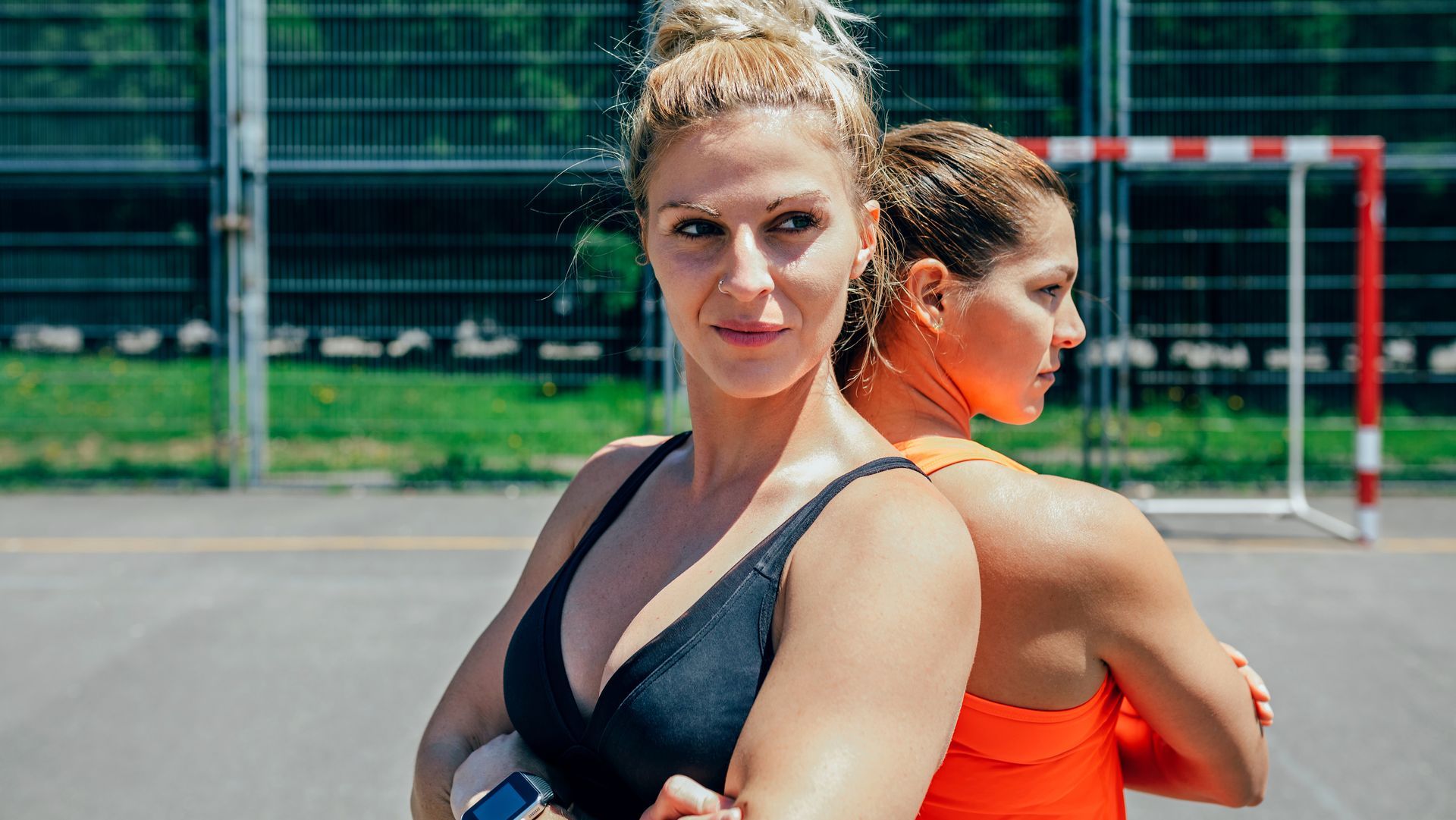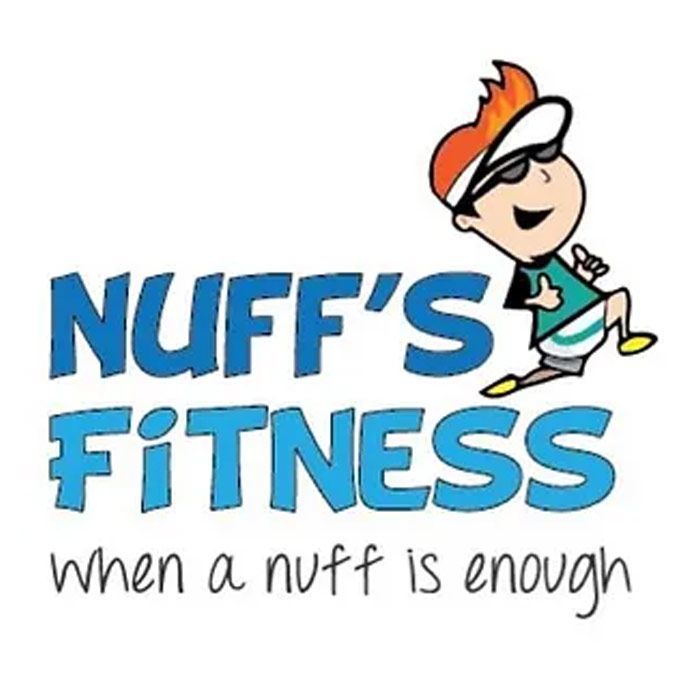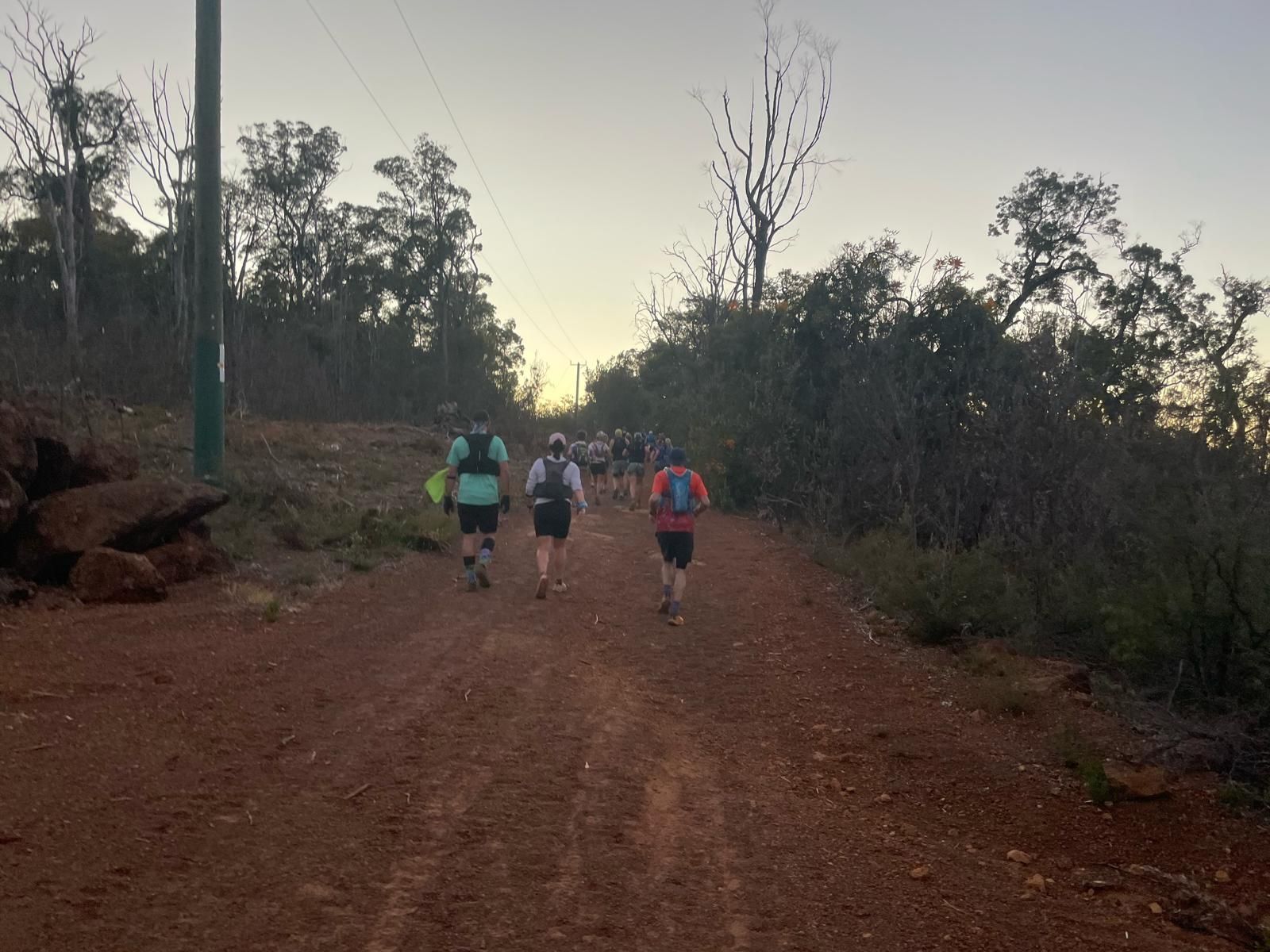
COACH’S CORNER - The Comparison Trap by Adam Keighran
In a world of data overload and highlight reels, adam keighran reminds us why the only runner worth comparing yourself to - is you. from heart rate zones to strava envy, this is your reminder to keep the joy in the journey.

"Comparison is the thief of joy" - Theodore Roosevelt.
This quote is simply a powerful reminder that constantly measuring yourself against others can strip away the pride and the satisfaction you should feel from your own progress. Let me explain
I’m a data person. A lot of us are.
We’ve got Strava records, Training Peaks insights and graphs, heart rate zones, sleep tracking, VO₂ Max predictions, and everything in between. Whether it’s Garmin, Coros, Apple, or Whoop—our watches and platforms collect endless metrics to help us train smarter. But here’s the thing: there’s a very fine line between engaged curiosity and unhealthy obsession.
So where is that line? And how do we make sure we don’t cross it?
Welcome to the Highlights Reel
We live in a world dominated by false content. Open Instagram and it’s tropical getaways, smiling kids who aren’t throwing tantrums, and spotless kitchen renovations. Scroll through your Strava feed and you’ll see “easy” runs at 4:10/km pace, or someone casually jogging a sub-20 parkrun with a heart rate of 135bpm. It can feel like everyone is faster, fitter, and progressing more smoothly than you are.
But what you’re seeing isn’t reality—it’s a highlights reel. You don’t see the runner who had five failed workouts before that perfect long run. You don’t see the injuries, the burnout, the self-doubt. Just like on social media, Strava has its filters too—even if they’re unspoken.
The Power of Self-Comparison
Let’s be clear: not all comparison is bad.
In fact, self-comparison is a vital tool for any athlete. Looking at how your easy pace has improved over the last 6 months? Gold. Seeing your heart rate drop on hill repeats you used to hate? Brilliant. That kind of data-driven reflection builds confidence and gives you insight into your progress.
It’s when we shift the lens outward—comparing ourselves to others, especially strangers—that it gets toxic. Their genetics, training age, stress levels, injury history, sleep quality, nutrition, goals… it’s all completely different from yours. Yet we still fall into the trap of measuring ourselves against them.
Healthy Competition vs. Mental Drain
Let me be clear: healthy competition is just that—healthy. Racing your mates can light a fire under you. Pacing each other, comparing splits, giving each other kudos—these are the things that build community and camaraderie in the sport.
But it has to be grounded in mutual respect, not silent self-sabotage. You can admire another runner without letting their progress invalidate your own.
They might be running a faster 10K today, but maybe you’re building aerobic capacity for a 24-hour ultra. Maybe you’re coming back from injury. Maybe you’re just trying to get 3 consistent runs a week while raising a family or working long shifts. Context matters.
Beating Yesterday’s You
I know runners with very similar ability to mine. I’d be lying if I said I never look at their race times and wonder what I could do on the same course. It’s human. And honestly? Sometimes it’s useful—it can give you a ballpark sense of your capability, especially if you train under similar conditions.
But the goal has to remain: be better than yesterday’s version of yourself.
If you’re running your first 5K, your goal isn’t to beat some random person who logged a 21:04 this morning. Your goal is to be proud of showing up, pushing through discomfort, and learning something new about yourself.
If you hit a new distance PB, negative split a long run, or simply laced up on a day you didn’t want to, that’s worth celebrating. Not because it outdid someone else’s effort—but because it moved you forward.
Keep the Data—Lose the Doubt
So yes:
Enjoy your charts. Enjoy your graphs. Enjoy watching your pace and heart rate improve over time. Share your workouts. Give kudos. Build the community.
Just don’t let the numbers steal the joy.
The watch can track your run—but it can’t measure the courage it took to start. Strava might show a 10K—but it won’t capture the 3 years of rebuilding that led you to finish it. Garmin doesn’t register the smile on your kid’s face when you cross the finish line.
Use the data to sharpen your focus. Use others as inspiration, not as the benchmark of your worth. Celebrate your own progress like it matters—because it does.
And remember: the only race that counts is the one you’re running against yourself.









